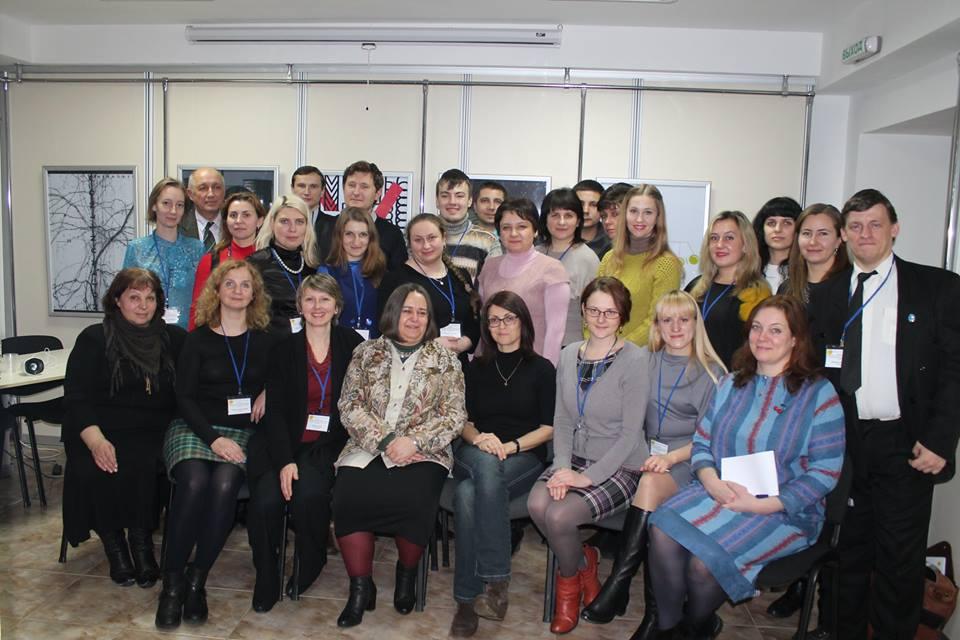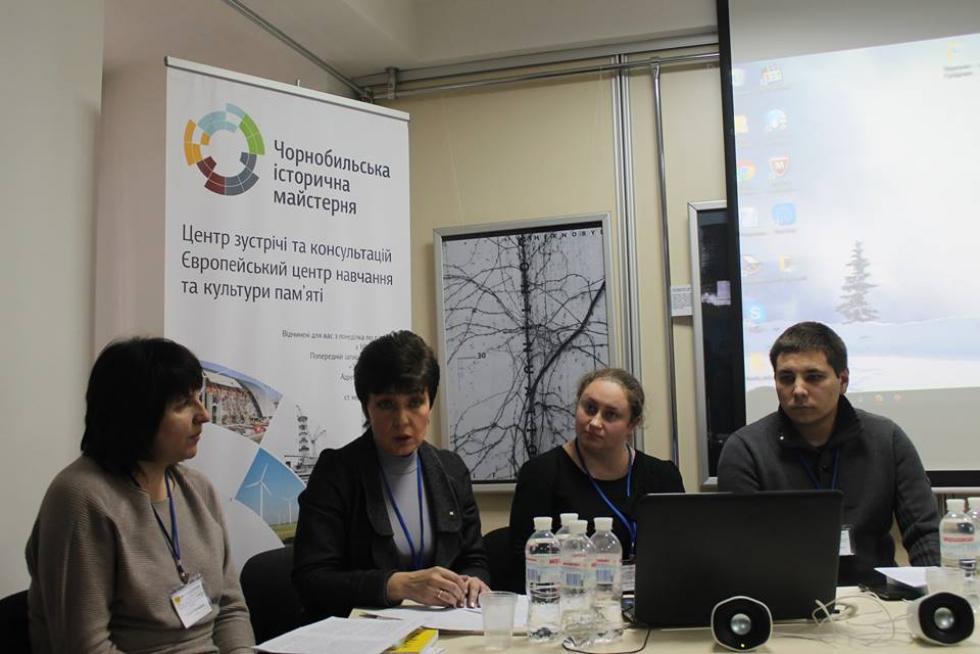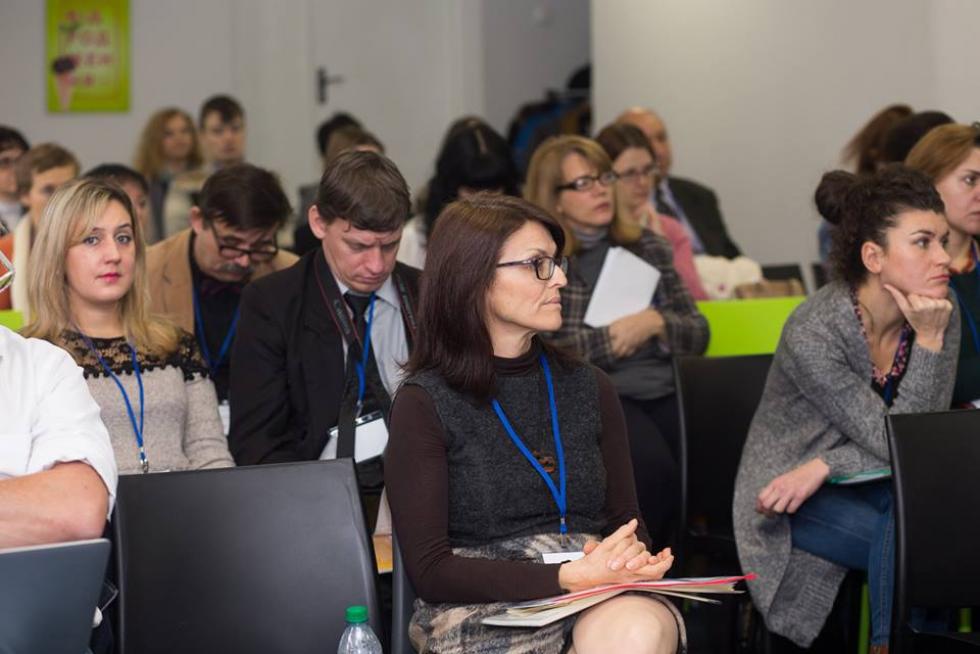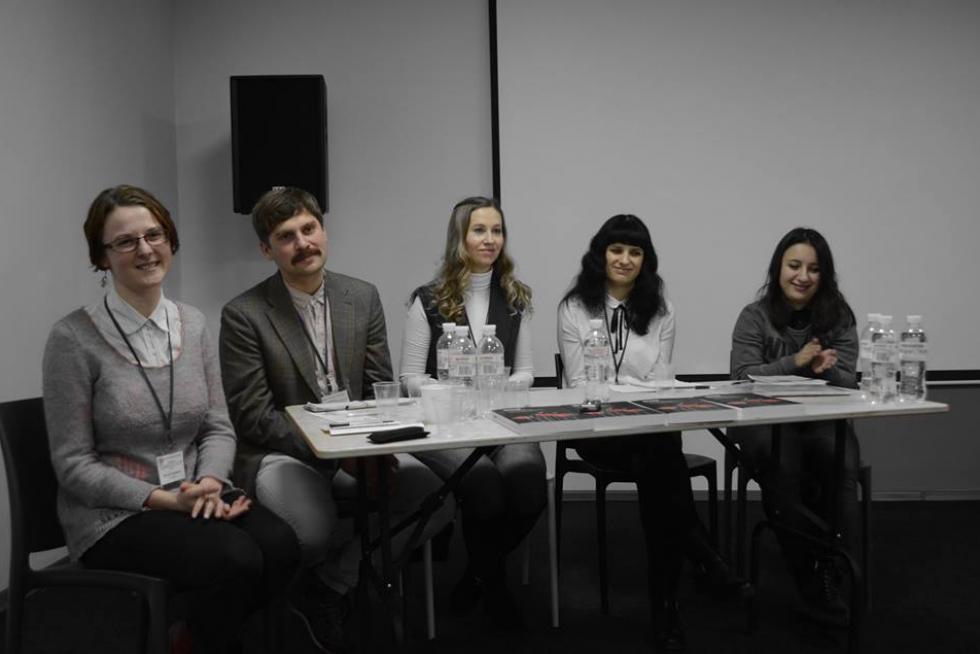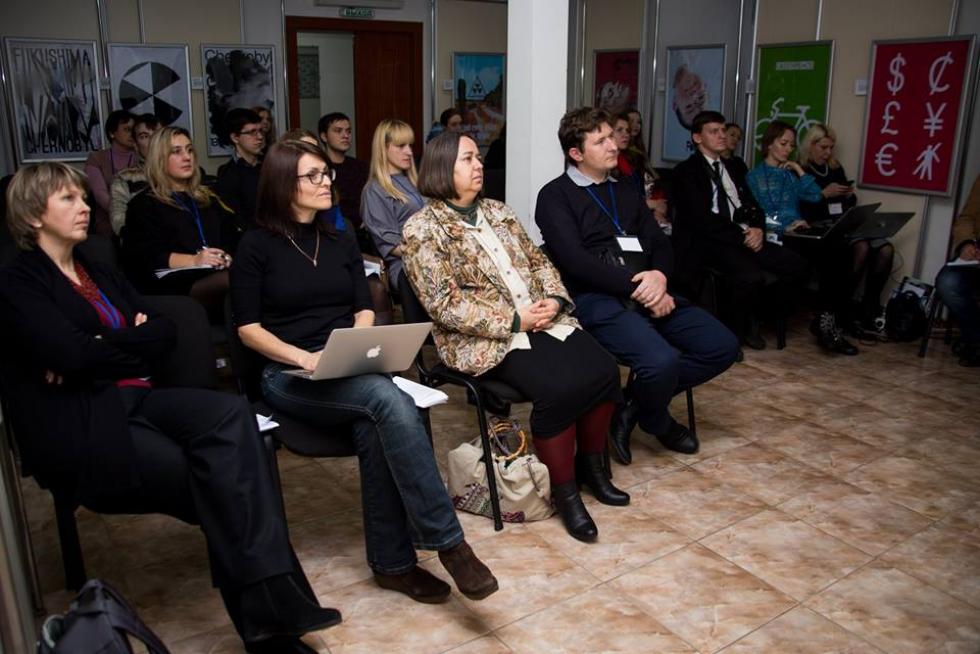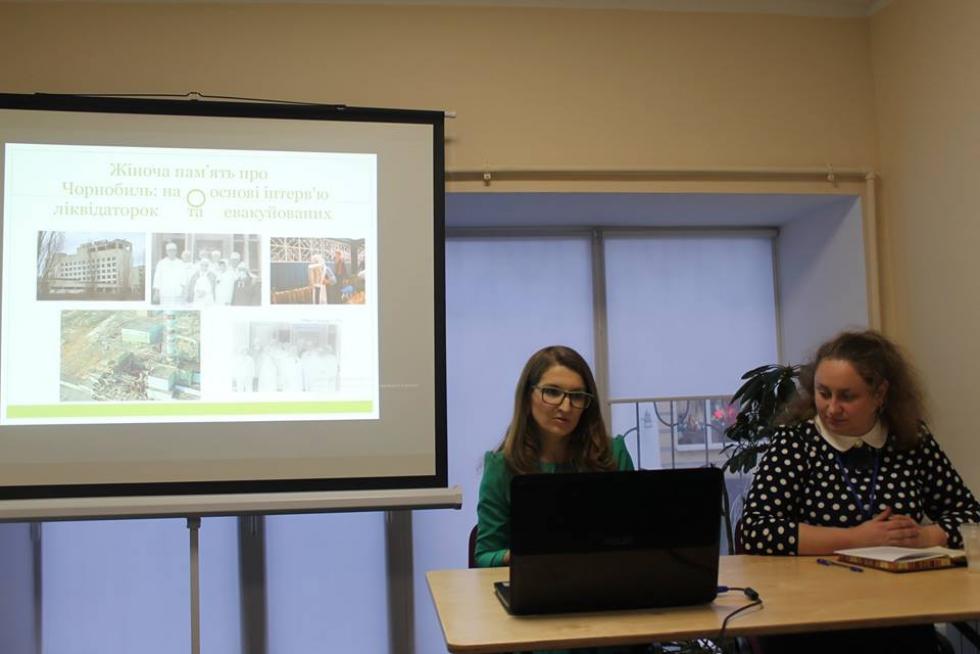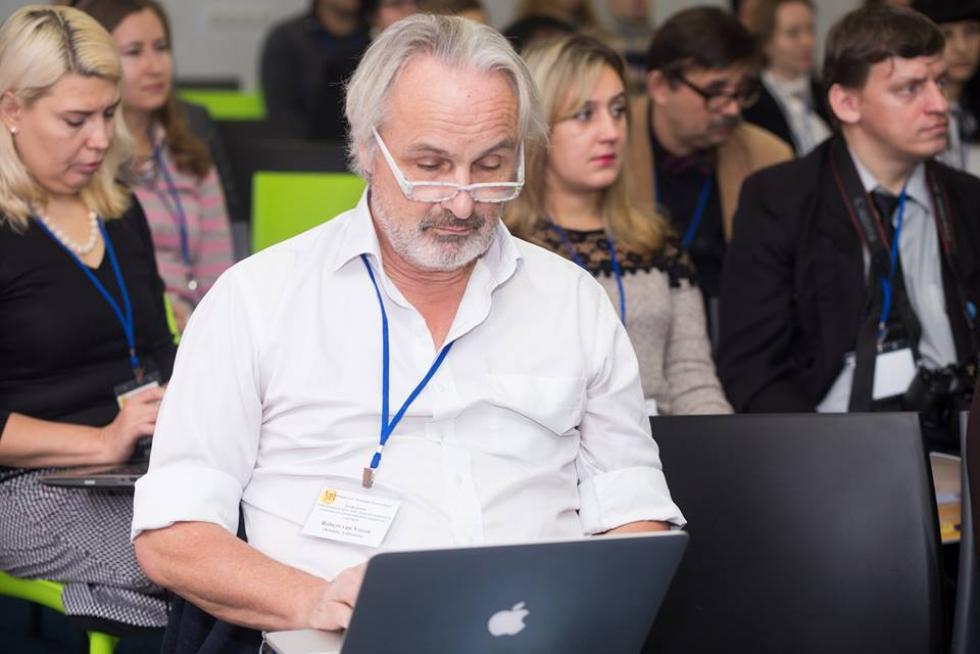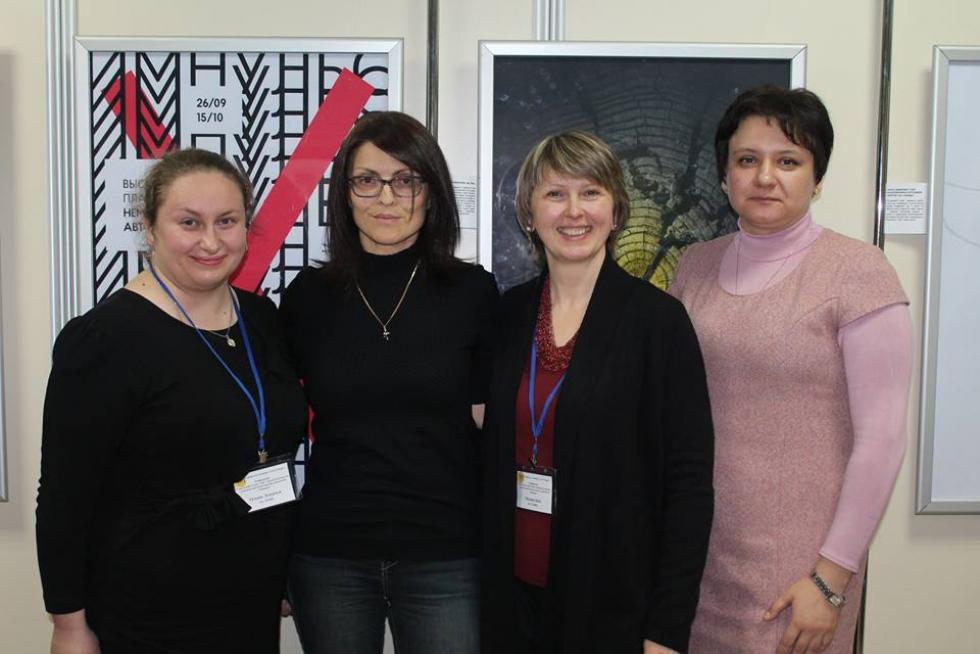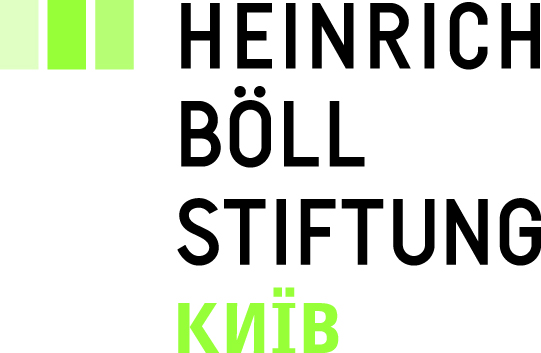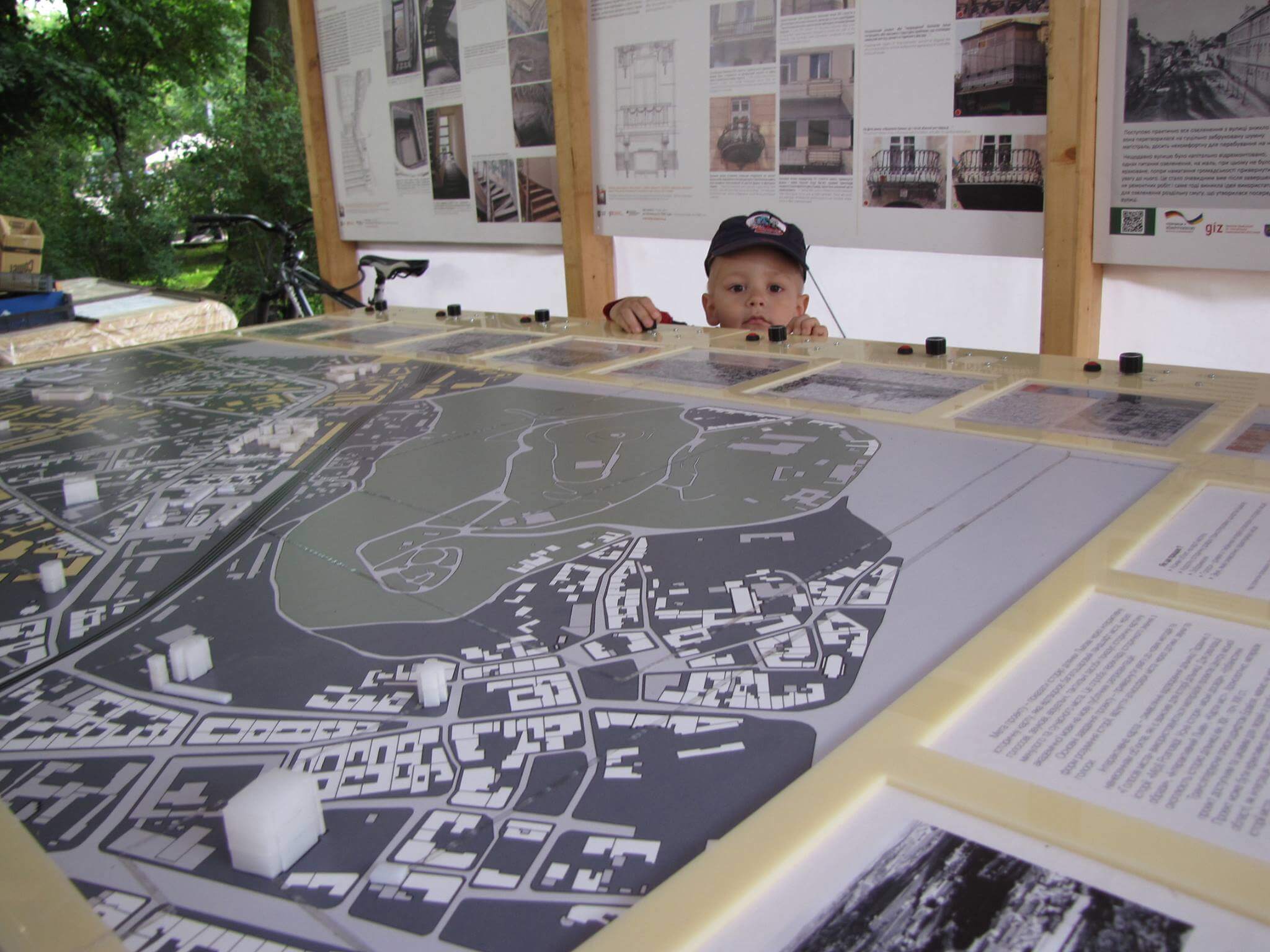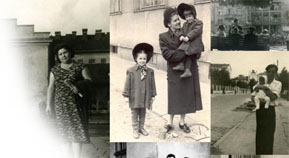Oral History in the Age of Change: Social Contexts, Social Political Challenges, and Academic Standards
December, 1-2, 2016
Kharkiv
Currently, when the past is being continuously reconsidered, the "battles" for recollections as a capital of historical policy and instrumentalization of memory once again bring into the foreground the issues of professional and social responsibility of an oral history expert, of understanding social and political context of the project under implementation, of compliance with the research ethics and of development of expert communication skills and interaction. How could the tools of oral history impact the preservation of memory about the events underway? When does an event end and when does it become a history? How should the traumatic experience of the past be enunciated? Is the essence of oral history changing when it is applied to study political challenges and civic response of the present days? Whose "voices" from the past are we trying to detect, to hear, to record, and to analyze? How could eye-witness recollections transform educational practices? These are the questions that this year conference is going to elicit. It will focus on social and political role of oral history in the era of overcoming, addressing and reinterpreting the past. It will stress on ethical priorities, on civil position and academic responsibility of researchers.
Along with the topic based sessions, there is a round-table discussion that will focus on opportunities of using oral memories in research, educational, exhibition, and public urban projects. The idea for the meeting was born in response to the Center’s activities in the field of public and oral history, as well as an attempt to show different ways of communication with the audience. Participants of the round-table will present their experiences of implementing projects based on oral history interviews that functioned within the urban space. We shall also discuss how oral history interventions into the urban space are finding their formats and their audiences, and how the city itself is changing under their influence. The event is open for the public.
The conference will be organized with the support of the Department for Ukrainian Studies of V.N. Karazin Kharkiv National University, Heinrich Boll Foundation in Ukraine, Center for Urban History, Department for Religion and Culture of Saskatchewan University, Chernobyl Historical Workshop, and Studio 42.
Credits
Image Gallery by Oksana Kis

